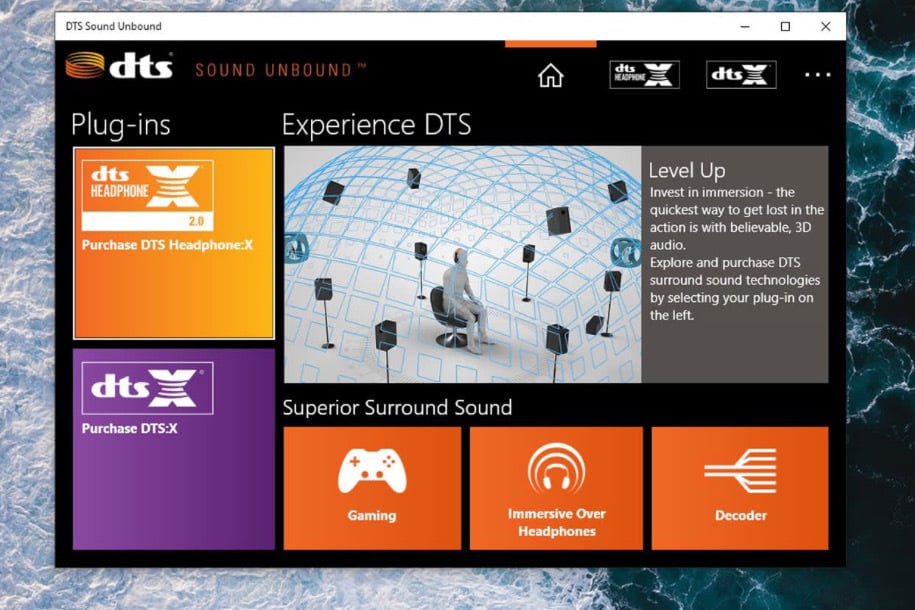this post was submitted on 30 Apr 2024
24 points (90.0% liked)
Linux
48186 readers
1601 users here now
From Wikipedia, the free encyclopedia
Linux is a family of open source Unix-like operating systems based on the Linux kernel, an operating system kernel first released on September 17, 1991 by Linus Torvalds. Linux is typically packaged in a Linux distribution (or distro for short).
Distributions include the Linux kernel and supporting system software and libraries, many of which are provided by the GNU Project. Many Linux distributions use the word "Linux" in their name, but the Free Software Foundation uses the name GNU/Linux to emphasize the importance of GNU software, causing some controversy.
Rules
- Posts must be relevant to operating systems running the Linux kernel. GNU/Linux or otherwise.
- No misinformation
- No NSFW content
- No hate speech, bigotry, etc
Related Communities
Community icon by Alpár-Etele Méder, licensed under CC BY 3.0
founded 5 years ago
MODERATORS
you are viewing a single comment's thread
view the rest of the comments
view the rest of the comments

I agree with 5.1 headsets and other stuff. But if movies or games (where it is implemented) are designed directly for Dolby atmos, for example, would you call that fake? Sure, tools like easyeffects work differently, but they only want to simulate it regardless of whether it is implemented or not. Of course it won't come close to the original, but it doesn't have to. With my Nubert XS-4000 RC or the Denon AH-D5200 I don't falsify the sound either, but I don't denigrate such tools for no reason.
Yes. That random android tablet with the atmos logo on it definitely does some totally real processing to actually improve the audio coming out of its lil tinny speakers.
If you have a stereo headset, the absolute best audio signal you can feed them, is stereo. Any and all spatial processing can and should already be in there, because no, you can't just "process" it in there afterwards.
Games and movies that support complex audio standards only work right when used on multi-speaker setups. You can't just "process" it down to a stereo signal in a way that recreates that. At best, the result is as good as a correctly created stereo signal would have been in the first place.
We're talking about stereo headphones here. Feeding them anything other than a stereo audio signal was never an option. No matter what processing you do, it's still just two speakers slapped onto your ears. If you have a stereo audio source that didn't generate the signal with spatial processing, you can't just add it back in. And if it did create the signal with spatial audio, no additional processing makes it more better.